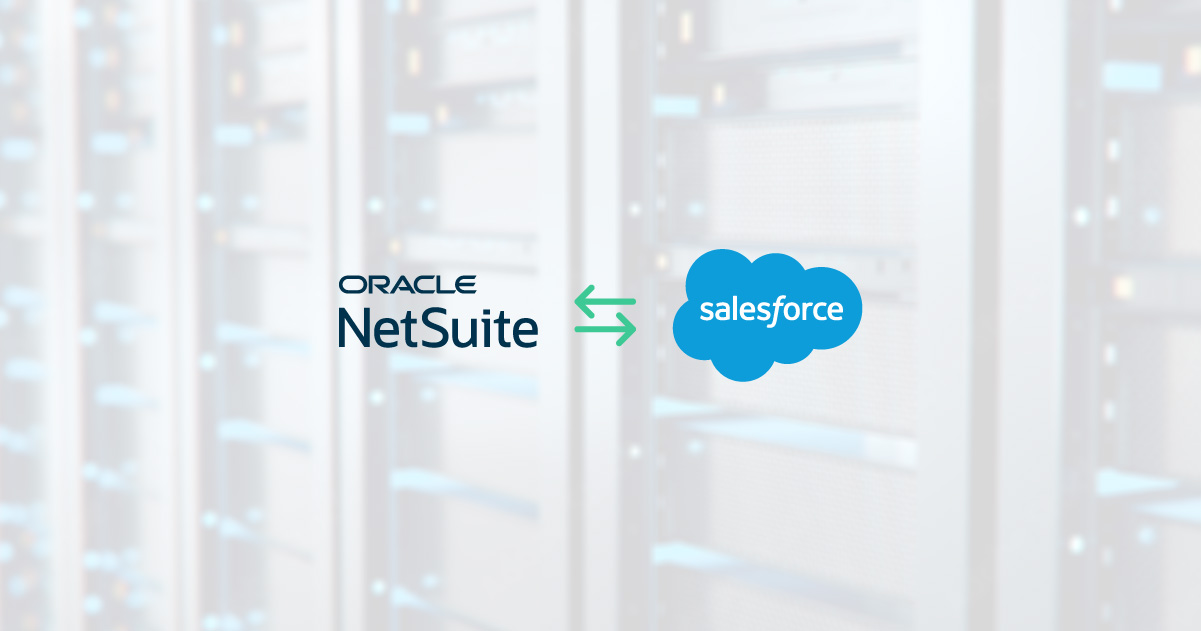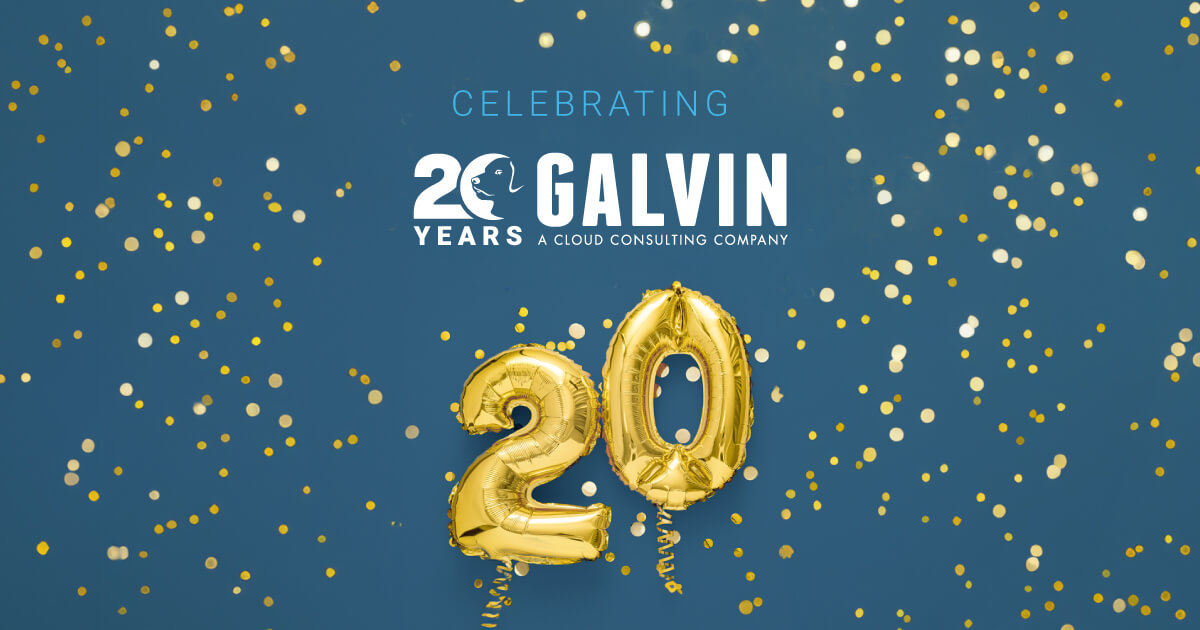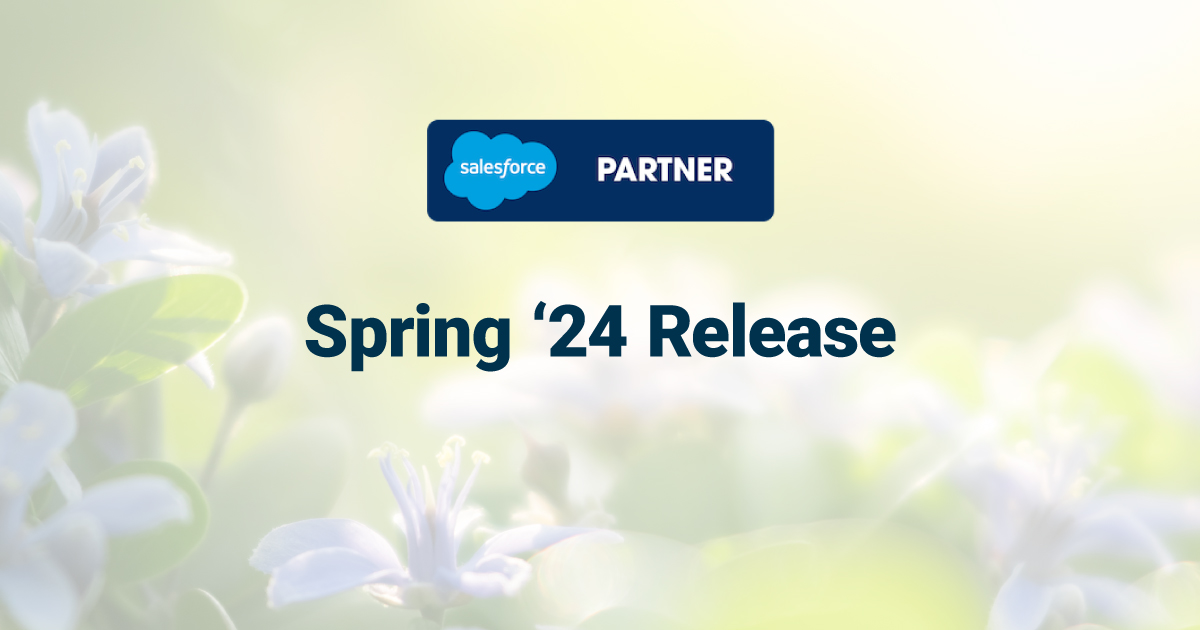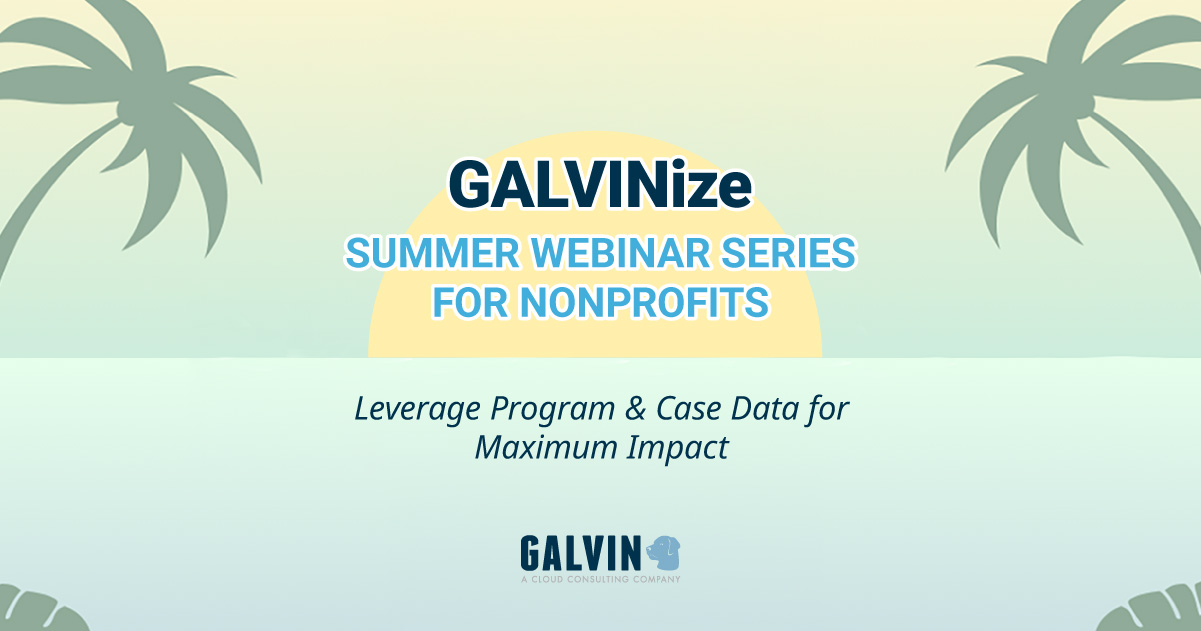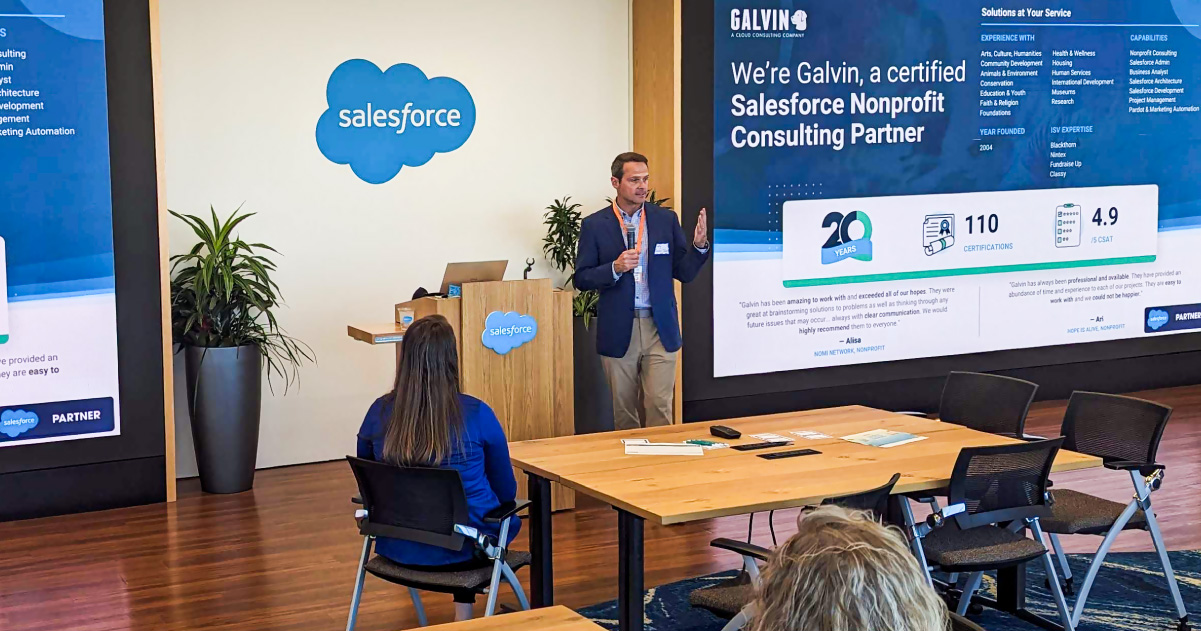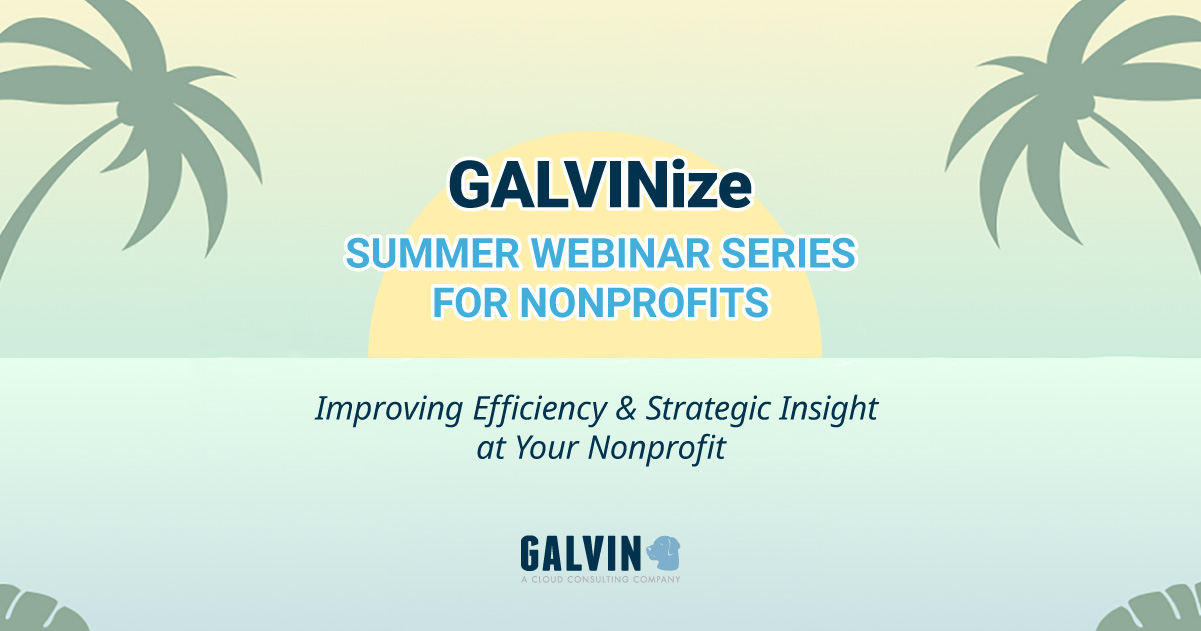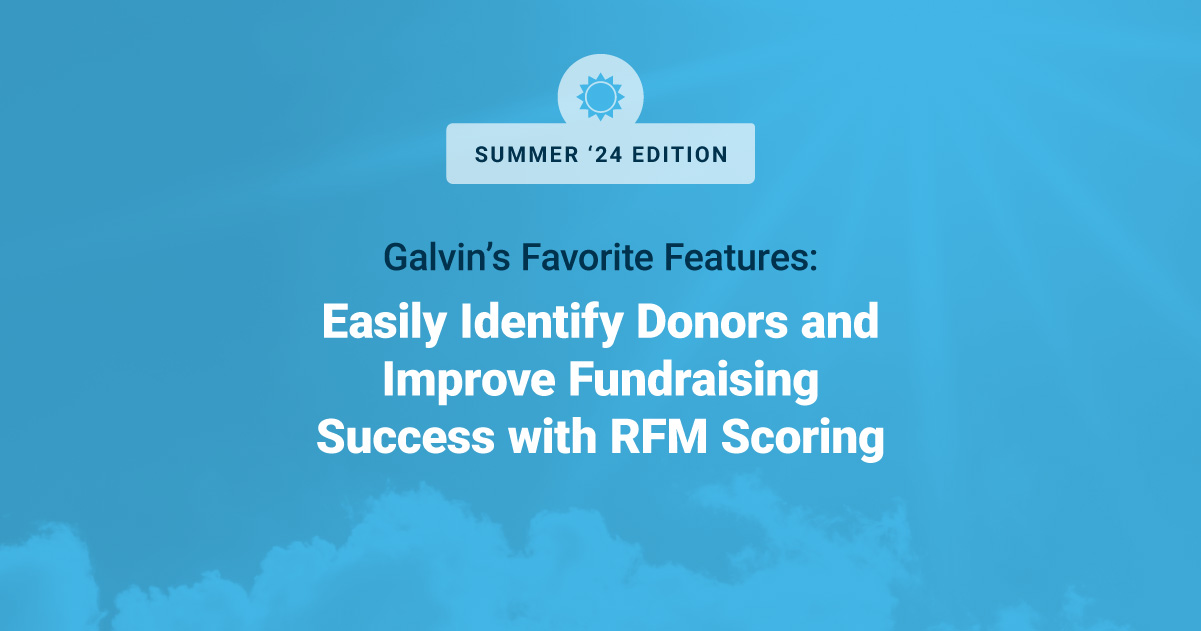What Does Salesforce Einstein Do? 3 Use Cases
The most effective AI should be functionally invisible. It should work intensely but quietly in the background, crunching data as it arrives to help you make better decisions.
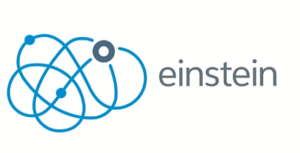 Consider the AI future as suggested by Stuart Russell, computer scientist at UC Berkeley. He said that AI will be able to read search results instead of just spitting back a list with billions of results:“It’ll be like if you asked a real question and got an answer from a person who had really read all those millions and millions and billions of pages and understood them and been able to synthesize all that information.” By combining the latest advances in machine learning, deep learning, predictive analytics, natural language processing and smart data discovery, Salesforce Einstein is the launch point for that future.
Consider the AI future as suggested by Stuart Russell, computer scientist at UC Berkeley. He said that AI will be able to read search results instead of just spitting back a list with billions of results:“It’ll be like if you asked a real question and got an answer from a person who had really read all those millions and millions and billions of pages and understood them and been able to synthesize all that information.” By combining the latest advances in machine learning, deep learning, predictive analytics, natural language processing and smart data discovery, Salesforce Einstein is the launch point for that future.
However, while that may sound great for the average salesperson, it doesn’t answer the question of how Einstein can help them get through the day. To fix that, here are three real-world examples of what Einstein has done. These should inspire you to picture what Einstein can do to shorten your sales cycle, get you to close faster and eliminate any wasted efforts.
Predictive Scoring for Email
ShopAtHome has been in the coupon business for a long time. In fact, it was a mail-based business before the web was invented. Unlike many of its competitors, though, it easily navigated the transition into digital as ShopAtHome.com.
Although they succeeded as one of the pioneers of e-commerce, the company had room for improvement in their email response rates, so they turned to Einstein to redefine their customer engagement practices with predictive scoring. The result was a 23-percent lift in email clicks along with an even more critical 30-percent increase in email opens.
Real Estate Data in Real Time
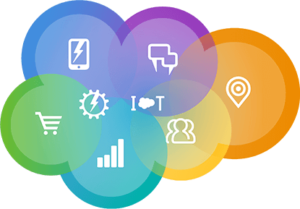 Selling software is easy compared to selling something like real estate. The value is always changing and there are typically many stakeholders with conflicting priorities involved in the purchase. At the TrailheaDX Salesforce developer conference, developer Emily Rose detailed how Einstein was evolving apps to contain all the complexities of real estate sales.
Selling software is easy compared to selling something like real estate. The value is always changing and there are typically many stakeholders with conflicting priorities involved in the purchase. At the TrailheaDX Salesforce developer conference, developer Emily Rose detailed how Einstein was evolving apps to contain all the complexities of real estate sales.
Rose gave the example of DreamHouse, a sample app that shows what’s possible with minimal programming. Inside DreamHouse, Einstein’s algorithms determine the best options in variable pricing for a real estate broker based on an analysis of market data. While 100-percent no-code apps aren’t here yet, Einstein is helping to bring them closer.
ROI + KPIs
Houghton Mifflin Harcourt (HMH) is a publisher that puts out a variety of books, from textbooks to literature. However, they have to keep publishing at such a blinding speed that their legacy sales tools, performance software and financial spreadsheets just couldn’t keep up. To solve this, they brought in Einstein along with Wave Analytics to learn from their data, compare performance to forecasts intelligently and find new deals where no one was looking for them.
Sales reps found they could use it create their own private KPI monitors and build price quotes on the fly during sales meetings. As a result, their revenues spiked to the point that the HMH-Einstein initiative broke even in less than a year. Over the next five years, they predict that their ROI will exceed 200 percent.
The Hidden Life of AI
The end goal is for Einstein to disappear into the daily life of a sales team. It will be able to find the most important data from internal documents and the web, then direct the sales team to priority actions. Sales teams won’t have to waste valuable time entering updates to the CRM. Instead, they will spend more time connecting with prospects, solving problems and strengthening their buyer networks so they can get to close in less time. That’s a bright idea, but it took AI to make it real.



